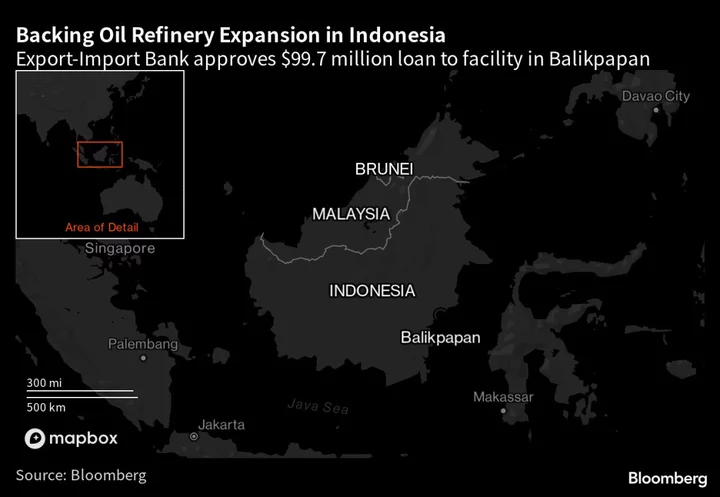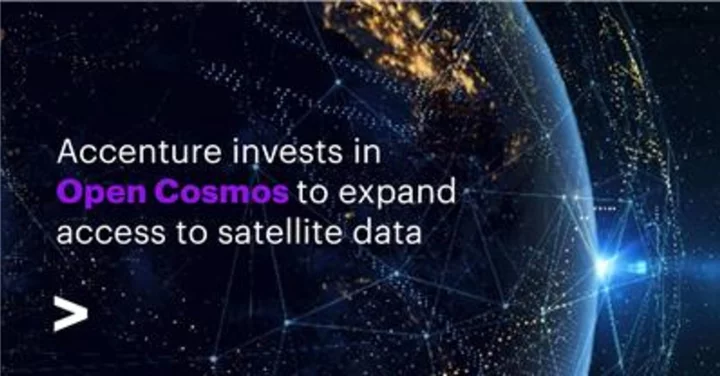US Export-Import Bank leaders voted Thursday to lend $99.7 million to expand an oil refinery in Indonesia, bucking President Joe Biden’s promise to stop steering public money to most foreign fossil fuel projects.
The financing plan approved in a closed-door meeting of the independent credit agency’s board of directors is set to help bolster gasoline production by 101,000 barrels per day at the PT Kilang Pertamina Balikpapan Petroleum Refinery. The loan’s approval — the first major Ex-Im bank decision on a fossil fuel project since Biden became president and promised to curb such public funding support — drew an angry condemnation from environmental advocates and a repudiation from the White House.
“The administration stands by its commitment to end new direct public support for the international unabated fossil fuel energy sector,” said National Security Council spokesperson Adam Hodge, emphasizing that the bank is an independent agency that operates under its own statutory charter. “Ex-Im made an independent decision to approve the loan under its authorities and its decision does not reflect administration policy.”
The move — coming even as the Environmental Protection Agency advances plans to slash greenhouse gas emissions — adds to an uneven Biden administration track record on confronting climate change.
The president signed sweeping climate legislation into law and has taken historic steps to nurture renewable energy, but his administration also has approved several fossil fuel ventures — including ConocoPhillips’s Willow oil development and natural gas exports from Alaska — that have prompted scrutiny of his green credentials.
The US was one of 34 nations that pledged to halt direct public support for unabated international fossil fuel projects by the end of 2022. Separately, Biden vowed to cut public funding of foreign fossil fuel projects with an executive order his first week in the White House.
Environmental advocates cast the vote as a betrayal. “Ex-Im’s support of an oil refinery in Indonesia flies in the face of President Biden’s pronouncements on the need to take climate action as well as his commitment in Glasgow to end overseas fossil fuel finance,” said Kate DeAngelis, international finance program manager for the environmental group Friends of the Earth.
Read More: ConocoPhillips Wins Ruling to Continue Alaska Oil Project Work
Oil industry advocates argue that the world will need petroleum-based fuels for years to come and say Ex-Im has limited discretion to reject fossil fuel projects under its charter, which says denials of financing can’t be “based solely on the industry, sector or business.” Ex-Im had previously yanked the project off its April 27 meeting agenda after an outcry from environmental activists.
Ex-Im President Reta Jo Lewis said in a news release the project would “allow Indonesia to substantially reduce its reliance on imported, refined transportation fuels while upgrading to a cleaner standard, protecting human health and the environment in the process.”
The Indonesian expansion is part of a broader plan by Pertamina to upgrade refineries and increase production capacity across the archipelago — one the company said would help make “more environmentally friendly” and cleaner fuels. According to a government notice, the proposed loan would support the export of roughly $63.9 million in US equipment and services to upgrade and expand the facility. Ex-im estimates the deal would support more than 200 jobs across 30 suppliers in 13 states and Washington, DC.
Credit agencies in Europe and Asia had advanced competing bids to finance the project, an Ex-Im official said, without the same potential US benefits.
(Updates with comment from National Security Council spokesperson, in third paragraph)
Author: Jennifer A. Dlouhy









